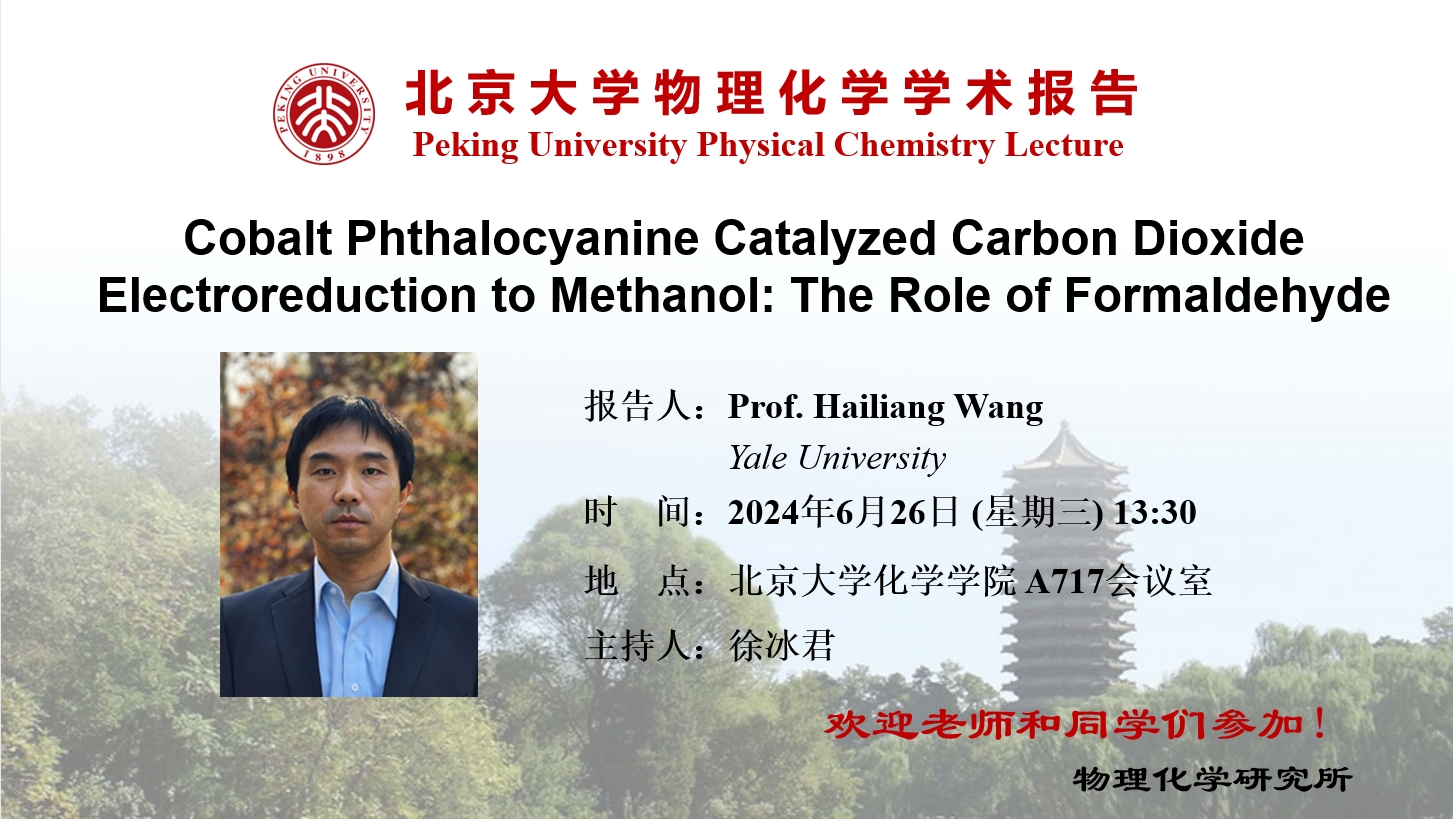
报告摘要
Transition to clean energy, mitigation of carbon emissions, and protection of water resources are critical challenges for the world. Solving these challenges requires precise control of many important chemical reactions with sluggish kinetics and myriad possible reaction pathways and associated products. There is a critical need for selective, active, durable and low-cost catalysts. This talk will present our research into the electrocatalysis science of cobalt phthalocyanine molecules supported on graphitic nanocarbon materials. These heterogenized molecular catalyst materials possess advantages of conventional heterogeneous and homogeneous catalysts. They exhibit interesting electrocatalytic properties and mechanisms in the reduction reactions of carbon dioxide, nitrate, lithium polysulfides, and chlorinated organic compounds, leading to possible applications in carbon neutralization, solar fuel production, sustainable chemical synthesis, high energy rechargeable batteries, and water purification.
报告人简介
Hailiang Wang is currently a Professor in the Department of Chemistry at Yale University. He is also a faculty member of the Energy Sciences Institute on Yale West Campus. Prior to joining Yale in 2014, he was a Philomathia Postdoctoral Fellow in the Department of Chemistry at University of California, Berkeley. He received his Ph.D. in chemistry from Stanford University in 2012 and a bachelor’s degree in chemistry and a double major degree in economics from Peking University in 2007. His research develops catalyst materials and catalytic processes for energy and environmental applications guided by fundamental structure-reactivity correlation studies.